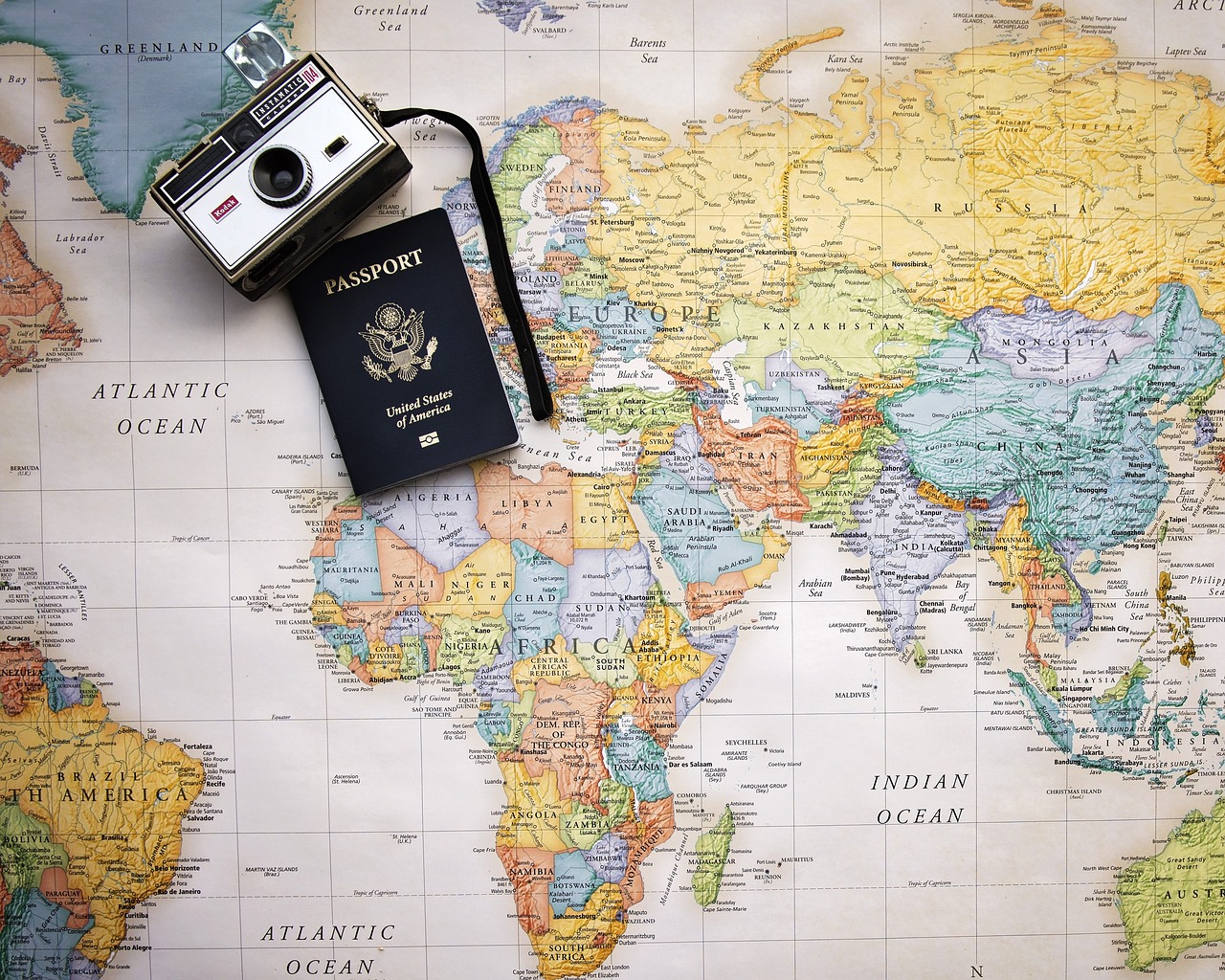Travel
The Allergy Traveler's Toolkit: Essential Items and Expert Tips
4 min read
232 views

Building Your Allergy Traveler's Toolkit
Your allergy traveler's toolkit should contain everything you need to manage your allergies effectively while away from home.Essential Items:
- Epinephrine Auto-Injector(s): If you have a history of anaphylaxis, carry at least two epinephrine auto-injectors (e.g., EpiPen, Auvi-Q) and ensure they are easily accessible. Know how to use them and check the expiration dates.
- Antihistamines: Pack both prescription and over-the-counter antihistamines to manage mild to moderate allergic reactions.
- Corticosteroid Medications: If prescribed, bring your corticosteroid inhaler (for asthma) or oral corticosteroids for more severe reactions.
- Inhaler with Spacer: If you have asthma, ensure you have your rescue inhaler and a spacer for optimal medication delivery.
- Saline Nasal Spray: Helps relieve nasal congestion and rinse away allergens.
- Topical Corticosteroid Cream: For treating skin rashes and eczema.
- Hand Sanitizer/Wipes: Useful for cleaning hands and surfaces to minimize allergen exposure.
- Medication List: A comprehensive list of all your medications, dosages, and allergies. Keep a copy in your wallet or phone and share it with a travel companion.
- Allergy Action Plan: A written plan from your doctor outlining steps to take in case of an allergic reaction.
- Medical Alert Bracelet/Necklace: Provides important information to first responders in case of an emergency.
- Food Allergy Translation Cards: If traveling to a foreign country, carry cards that clearly explain your food allergies in the local language.
- Snacks/Safe Foods: Pack your own safe snacks and meals, especially for long flights or when visiting places with limited food options.
- Water Bottle: Staying hydrated can help alleviate allergy symptoms.
- HEPA Filter Travel Air Purifier: Consider a small, portable air purifier for hotel rooms or other enclosed spaces.
- Allergen-Proof Bedding: For those with severe dust mite allergies, consider bringing your own pillowcase or full bedding.
Expert Tips for Allergy-Safe Travel
Beyond packing the right items, these expert tips can help you manage your allergies effectively while traveling.Planning and Preparation:
- Research Your Destination: Learn about common allergens in the area you are visiting, such as local pollens, foods, and insects.
- Consult Your Doctor: Discuss your travel plans with your allergist or primary care physician. Get updated prescriptions, allergy action plans, and any necessary vaccinations.
- Inform Airlines and Hotels: Notify airlines and hotels about your allergies in advance. Request allergen-free meals on flights and ask about allergen-free room options in hotels.
- Check Restaurant Menus: Before dining out, check restaurant menus online or call ahead to inquire about ingredients and preparation methods.
- Learn Key Phrases: If traveling to a foreign country, learn essential phrases related to your allergies, such as "I am allergic to..." and "Does this contain...?"
- Travel with a Companion: If possible, travel with someone who is aware of your allergies and knows how to administer your epinephrine auto-injector.
- Download Allergy Apps: Several apps can help you locate allergy-friendly restaurants, translate food allergy information, and track pollen counts.
During Your Trip:
- Read Food Labels Carefully: Always read food labels carefully, even for familiar products, as ingredients can vary by region.
- Ask Questions: Don't hesitate to ask restaurant staff about ingredients and preparation methods. If you're unsure, choose a safer option.
- Carry Your Own Food: When in doubt, rely on your own safe snacks and meals.
- Avoid Cross-Contamination: Be mindful of cross-contamination in restaurants and buffets. Use clean utensils and avoid sharing food or drinks.
- Wash Your Hands Frequently: Wash your hands frequently with soap and water, especially before eating.
- Monitor Air Quality: Pay attention to air quality reports and avoid outdoor activities on days with high pollen or pollution levels.
- Protect Yourself from Insects: Use insect repellent and wear long sleeves and pants to avoid insect stings.
- Be Prepared for Emergencies: Know the location of the nearest hospital or clinic and how to access emergency medical care.
- Stay Calm: Stress can worsen allergy symptoms. Stay calm and focused during potentially triggering situations.
Additional Resources for Allergy Travelers
- Allergy & Asthma Network: Provides information, resources, and support for travelers with allergies and asthma.
- Food Allergy Research & Education (FARE): Offers resources for traveling with food allergies, including restaurant guides and translation cards.
- World Allergy Organization (WAO): Provides information on allergies around the world.
Conclusion
Traveling with allergies requires extra planning and vigilance, but it doesn't have to be a barrier to exploring the world. By building a comprehensive allergy traveler's toolkit and following expert tips, you can confidently manage your allergies and enjoy safe, memorable travel experiences.Don't let allergies hold you back. With the right preparation, you can travel the world and breathe easy!
Safe travels, allergy-free!


